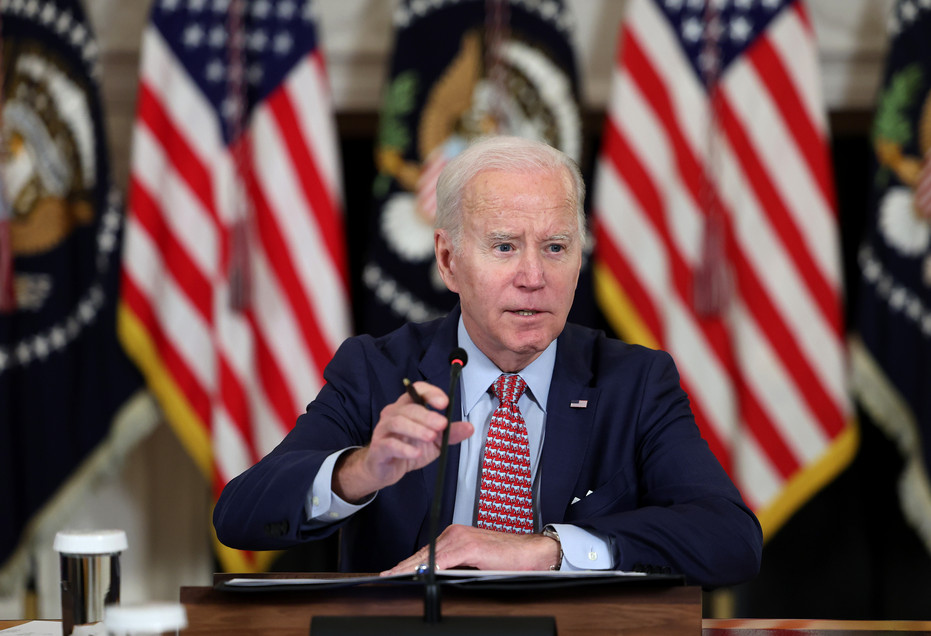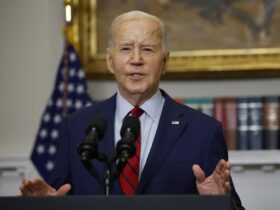United States—Around 100,000 immigrants who were young when brought from countries as children are expected to join the Affordable Care Act’s health initiative next year according to a new directive that was just issued by the Biden administration on Friday.
Biden Administration’s Directive Expands Healthcare
The terms of this deal dragged on longer than it took to finalize them and did not meet Democratic President Joe Biden’s expectations about allowing these migrants to enroll in Medicaid, the public health insurance program that provides free coverage for the country’s poorest population, as reported by Associated Press.
However, it will allow many migrants to enroll in a high-paying healthcare plan as soon as the Affordable Care Act becomes active on Nov. 1, just before the presidential election.
Political Implications and Potential Backlash
While it may be an effective strategy to attract more Latino voters to his side, thus performing a vital function in winning the election, this is likely to result in Biden facing more attacks from the conservatives about his border and migrant policies.
The act opens the market for all participants from the times of the former President Obama Deferred Action for Childhood Arrivals, or DACA, program, among which are a lot of Latino people.
Addressing Healthcare Disparities
Xavier Becerra, the nation’s highest health ranking official, told a press conference yesterday that there is a group of migrants that have ignored getting care as they don’t have insurance coverage.
“They incur higher costs and debts when they finally receive care,” Becerra told reporters on a call. “Making Dreamers eligible to enroll in coverage will improve their health and well-being and strengthen the health and well-being of our nation and our economy.”
Changing Definitions to Expand Coverage
The government’s new rule changes the meaning of “legally in the country,” so DACA enrollees can apply for health exchange programs.
With DACA, President Obama launched an initiative to shield from deportation youth who had been brought to the U.S. by their parents and are undocumented from working legally in the country. While the Dreamers got deferred action and became eligible for work permits, they still were not qualified for the government-sponsored healthcare programs since they did not match the definition of having a legal stay in the U.S.
The authorities had other thoughts nonetheless and decided not to enroll in Medicaid for those migrants, and they received more than 20,000 comments on the proposal. No officials provided detailing what took so long for this rule, which was initially proposed in April last year, to be finalized. That delay interrupted the possibility of migrants enrolling in the marketplace for coverage this year.
Impact on DACA Recipients and Enrollment Projections
Exactly 800,000 persons out of the migrants will probably enroll in the marketplace, but the administration predicts only 100,000 of the migrants will sign in because some of them might be getting coverage through workplaces or other means. Others might also fall into the category of individuals and with the marketplace plan through affordability issues, as reported by Associated Press.
ACA’s Broader Impact on Healthcare Access
Others, such as refugees and those who are under the pretext of being eligible for TPS, avail themselves of the markets established by the ACA, which was the health care law that Obama signed into law in 2010, often referred to as “Obamacare”.













